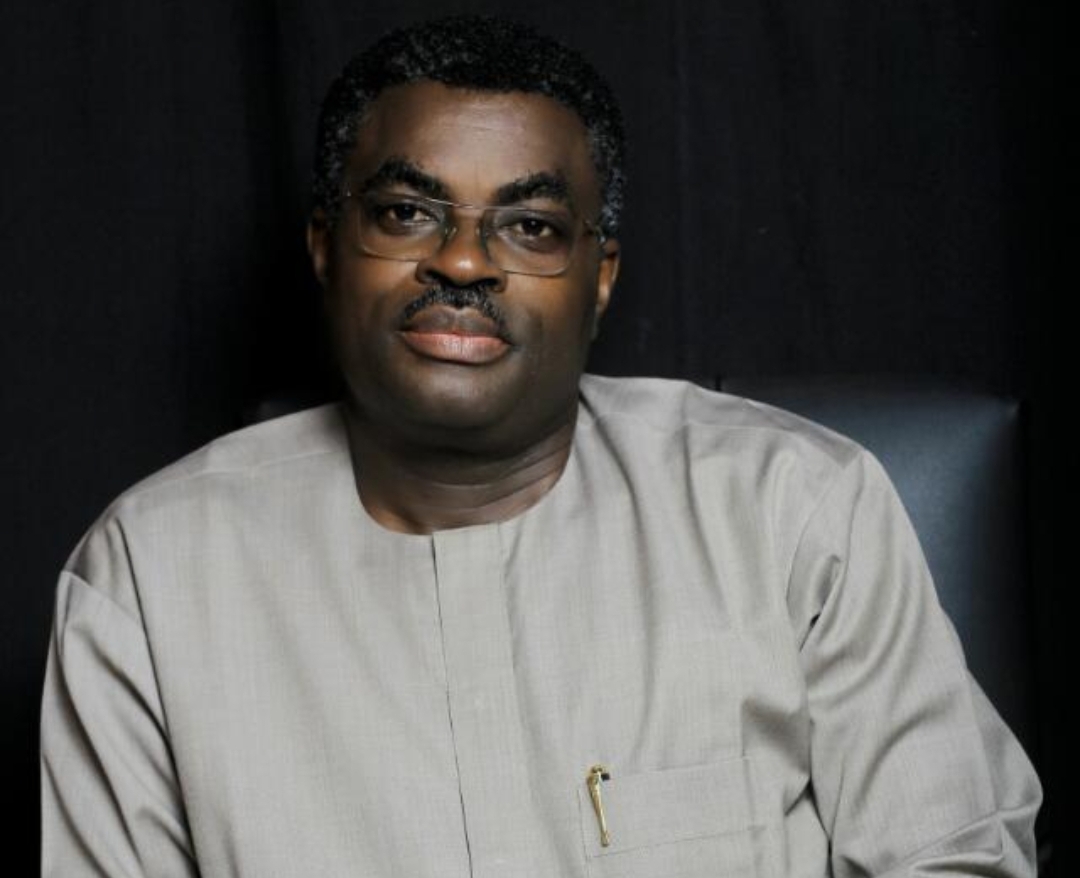In a landmark move for the nation’s energy sector, President Bola Tinubu recently assented to the Electricity Bill which is now known as The Electricity Act (2023). Essentially, the Act aims at revolutionising the power industry in Nigeria. Now, the spotlight shifts to individual states and their governors to leverage this transformative legislation for the benefit of their local economies. This piece explores how Governor Bassey Otu of Cross River State can harness the power of the Electricity Act (2023) to frame and execute a State Electricity Act and, in turn, significantly enhance power generation in the state, improve the livelihood of the people, and bolster economic activities.
The Electricity Bill, signed into law by President Tinubu, introduces critical reforms in the power sector, promising to create a more efficient, competitive, and sustainable energy landscape. Key aspects of the bill include the devolution of power to state governments to play in the industry, increased private sector participation, reduced bureaucratic bottlenecks, and the establishment of regulatory frameworks to attract investments.
For Governor Bassey Otu, the Electricity Act (2023) presents an extraordinary opportunity to overhaul Cross River State’s power infrastructure. By crafting a State Electricity Act that aligns with the national legislation, the governor can streamline the state’s energy policies, attract investors, and facilitate the development of reliable and modern power generation facilities.
The State Electricity Act should serve as a complementary framework to the National Electricity Act, tailored to address Cross River State’s unique energy needs. It should focus on three main pillars: enhancing power generation, improving distribution networks, and promoting renewable energy initiatives.
Enhancing Power Generation
The first and most crucial step is to tackle the issue of inadequate power generation in Cross River State. The governor must work in close collaboration with relevant stakeholders to identify potential sites for power plants, with a focus on utilising the state’s renewable energy resources.
In this regard, the governor can take advantage of the national Electricity Act’s provisions, which encourage private sector participation in the power industry. By offering incentives and creating a conducive environment for investors, Governor Bassey Otu can attract local and international players willing to invest in the state’s power generation infrastructure.
Improving Distribution Networks
Even with increased power generation, the benefits will remain untapped if the distribution networks are inefficient. The State Electricity Act should address the challenges of transmission while incentivizing distribution companies to invest in modernising their infrastructure.
Governor Otu must emphasises the importance of smart grid technologies and advanced metering systems to monitor power consumption accurately. Moreover, fostering collaborations between the state government and distribution companies can lead to better maintenance and timely upgrades of distribution networks.
Promoting Renewable Energy Initiatives
Cross River State boasts abundant renewable energy resources, including solar, wind, and biomass. The State Electricity Act should incentivize the development of renewable energy projects, encouraging a gradual transition from the dominance of fossil fuels to cleaner alternatives in our environment.
Governor Otu can establish a Renewable Energy Development Fund, utilising part of the revenue generated from power generation and distribution to support projects that harness clean energy sources. Additionally, partnerships with research institutions and private companies in the renewable energy sector can further bolster the state’s progress in this field.
To ensure the successful implementation of the State Electricity Act, Governor Bassey Otu must adopt a comprehensive and strategic approach. The following executive strategies can aid in framing and passing the bill through the State House of Assembly:
- Multi-Stakeholder Consultations: Governor Otu should facilitate discussions among key stakeholders, including industry experts, representatives from distribution companies, local communities, and environmental NGOs. Engaging these parties will ensure that the State Electricity Bill addresses the needs and concerns of all involved, increasing its chances of being passed into law.
- Technical Expertise: The governor should seek the advice of experienced energy consultants and experts in drafting the State Electricity Bill. By leveraging the knowledge and insights of specialists, the bill can be optimised to achieve its goals effectively.
- Public Awareness Campaign: Generating public support is crucial for any policy implementation. Governor Otu must initiate an awareness campaign to educate citizens about the benefits of the State Electricity Bill and its potential impact on their lives and the state’s development. This will create a positive sentiment and encourage citizens to advocate for its passage.
- Collaborative Lawmaking: To ensure the bill’s smooth passage, Governor Otu should collaborate with members of the State House of Assembly, addressing any concerns or reservations they may have. By fostering a spirit of cooperation, the governor can garner bipartisan support for the State Electricity Act.
As President Bola Tinubu’s Electricity Act sets a new course for Nigeria’s power sector, Governor Bassey Otu of Cross River State stands at the forefront of the state’s transformative energy journey.
By framing and executing a State Electricity Act that complements the national legislation, Governor Otu can drive significant improvements in power generation, distribution, and the promotion of renewable energy sources.
The time is ripe for Cross River State to seize this opportunity, attract private investment, and pave the way towards a brighter, electrified future. By uniting various stakeholders, seeking technical expertise, raising public awareness, and promoting a collaborative approach to lawmaking, Governor Bassey Otu can lead the state towards a more prosperous, sustainable, and energy-efficient tomorrow.
Missang Oyama is an economist and a concerned Cross Riverian who writes from Abuja. He can be reached via missangoyama@gmail.com.
NB: Opinions expressed in this article are strictly attributable to the author, Missang Oyama, and do not represent the opinion of CrossRiverWatch or any other organization the author works for/with.

Leave feedback about this